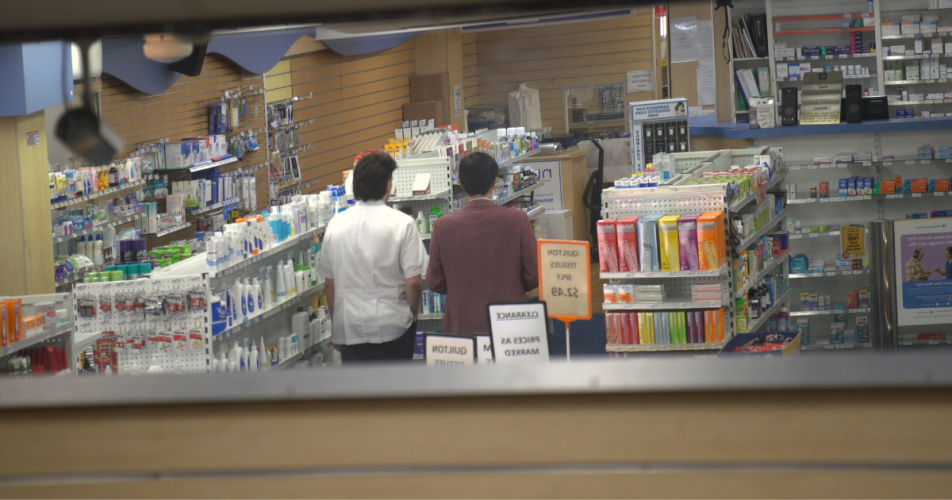Community in the dark over pharmacy prescribing pilot
A pilot is about to start in North Queensland, allowing pharmacists to diagnose and sell medications for a range of serious conditions without a doctor's prescription. AMA Queensland has called on Queensland Health to create an information campaign for patients and doctors.

AMA Queensland has called on the Queensland Government for a community information campaign about its pharmacy prescribing trial, which is due to start in the first quarter of this year.
Under the pilot, pharmacists will be able to diagnose a range of serious medical conditions and prescribe and sell medication with no medical oversight.
“We are already into March but there has been no official advice to medical associations and no information to share with doctors and the community about what is happening,” AMA Queensland President Dr Maria Boulton said.
“We do not know how many pharmacists or which pharmacies are taking part, how many have completed their extra training, how much it will cost patients or how people can report adverse events.
“We have asked the Chief Medical Officer and Deputy Director-General for Health for an education campaign for all doctors and the community, including clear reporting mechanisms.
“This was one of the major failings of the urinary tract infection (UTI) prescribing pilot that this expanded scheme is based on – Queensland Health did not tell doctors or patients it was happening, and there was no reporting mechanism for adverse outcomes.
“Convenience should not over-ride safety or quality.
“We are seeing far too many Band-Aid solutions to our very real problem of workforce shortages affecting all healthcare professions, including these pilots.
“AMA Queensland is actively working with Queensland Health to develop collaborative care models that allow doctors, nurses, pharmacists and other allied health professionals to work as teams to safely care for patients.
“In the meantime, Queensland Health must ensure the community is informed about prescribing pilots.”
Visit the Pharmacy Prescribing campaign page
Background:
- In 2020, the Queensland government began the Urinary Tract Infection Pharmacy Pilot – Queensland (UTIPP-Q), which allowed pharmacists to undertake a brief online training course and then prescribe and diagnose UTIs in women.
- There was no mechanism for the 6,751 women who took part in the trial to report adverse outcomes, other than directly to the pharmacist.
- AMA Queensland surveyed more than 1,300 doctors across the state in 2022 and found 240 cases where doctors had to treat patients who experienced complications as a result of participating in the pilot.
- The most common misdiagnosis was having a sexually transmitted infection rather than UTI.
- At least six pregnant patients were misdiagnosed with UTI and sold antibiotics that are unsafe in the first 12 weeks of pregnancy, including one patient with a potentially life-threatening ectopic pregnancy.
- The UTIPP-Q evaluation, carried out by QUT, found clinical protocols were not followed, including GPs not being notified of patients being prescribed antibiotics for UTIs.
- Six patients were prescribed repeat antibiotics by a pharmacist within 14 days of their first pharmacy prescription, in a clear breach of the GuildCare Workflow protocol.
- The QUT evaluation also found that one in two participating pharmacists said they would have found it difficult to not sell antibiotics after charging patients the $20 consultation fee.
- The planned North Queensland Scope of Practice Pilot, allowing pharmacists to diagnose and sell medications for 23 serious conditions for the 630,000 people living to the north and west of Mackay, became public in early 2022.
- All medical groups withdrew their participation when the scale of the proposal became apparent.
- In September 2023, with no consultation with medical groups, the Queensland Government announced the North Queensland pilot would be expanded to the entire state from March 2024.
- As of 29 February 2024, the Queensland Health webpage on the pilot had not been updated since 1 February and does not include a start date for this pilot.



